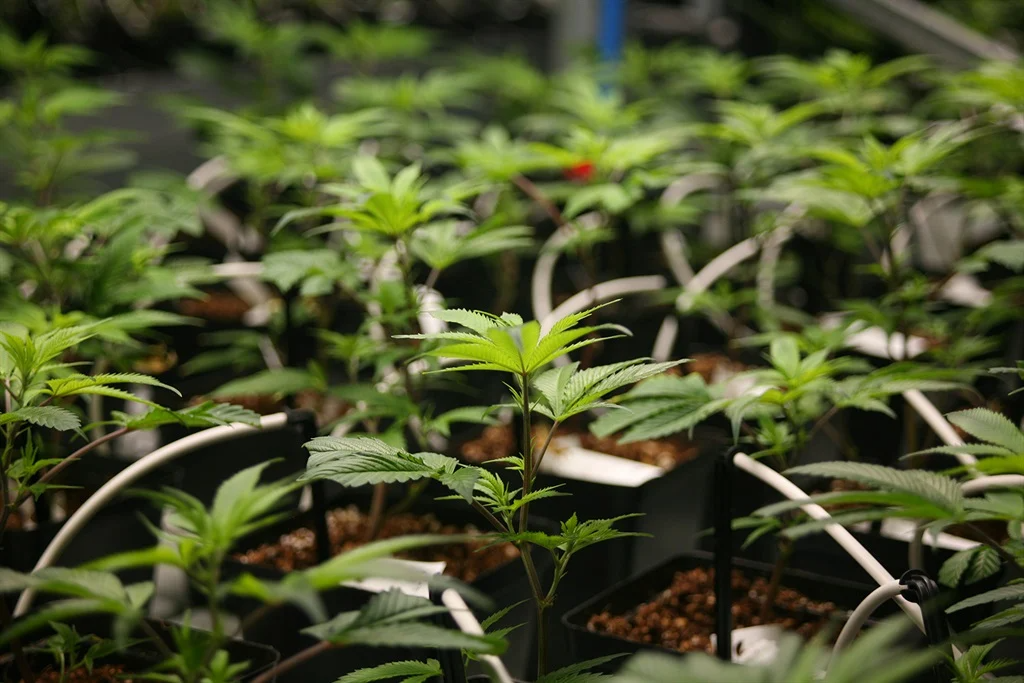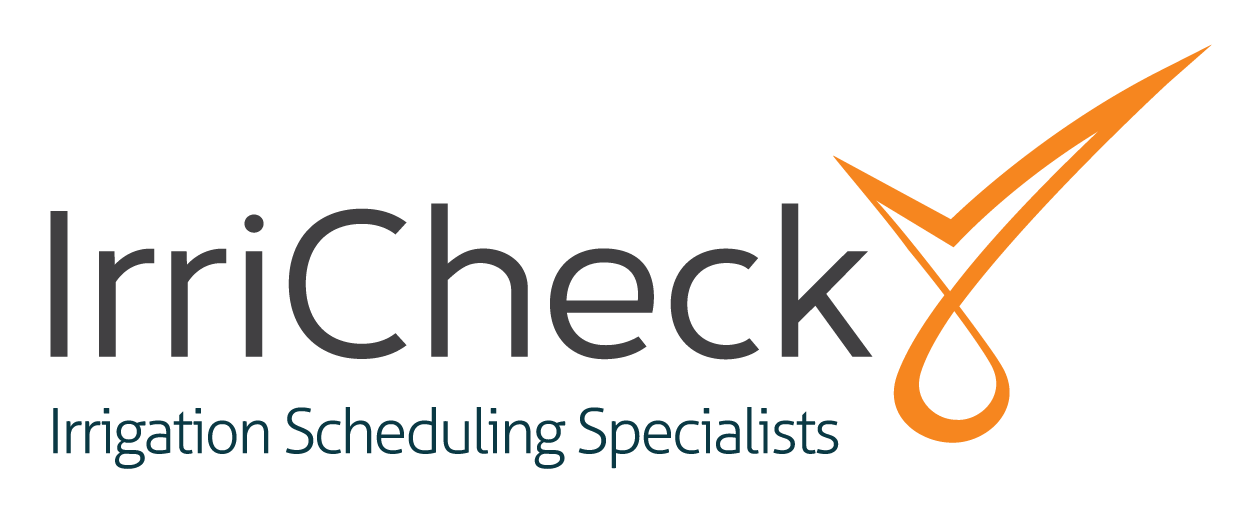
This community garden in Gauteng’s growing bigger, better veggies – thanks to dagga-powered soil
A Johannesburg-based medical cannabis cultivation company is helping a community garden grow bigger and better vegetables through donations of its nutrient-rich coco coir medium that’s then mixed with regular soil.
South Africa’s fledgling cannabis industry is gaining major attention from government, in the form of planned policy reforms and new frameworks supported by President Cyril Ramaphosa. In recent years, following the landmark 2018 Constitutional Court ruling decriminalising private, personal use of cannabis, commercial interests among private sector players have also strengthened.
One such business, specialising in the cultivation of pharmaceutical-grade cannabis flower that’s high in THC and rich in cannabinoids and terpenes, is MedCan. The concept for the business started back in 2016, but it was only in 2020, once licensed for cultivation by the South African Health Products Regulatory Authority (SAHPRA), that the facility began to operate.
A year later, MedCan’s high-THC Isando flower was exported to the United Kingdom, shortly after its indoor cannabis cultivation facility received the European Medicines Agency’s sought-after Good Manufacturing Practice (GMP) certificate. This certification is vital for commercial growers looking to the lucrative export market in Europe.
“We would very much like to be participants in the local market [but] we’re still unsure and are trying to navigate the legality of supplying flower locally. We never started this business to be an export-only business,” MedCan’s founder and CEO Micaël Zollmann told Business Insider SA.
“Thankfully, we have demonstrated that the flower is of a quality that is sufficient for the export market, so, when we can supply the local market, I think the local market would be really happy, and the patients would be satisfied with the product.”
And while South Africa’s law-makers wrangle with important details of cannabis’ recreational and medicinal uses, there is one innovative way that the currently export-driven MedCan is benefitting the health and wellbeing of local communities through its facility.
Because MedCan’s cultivation procedures are tightly regulated and optimised, with the facility itself treated more like a medical laboratory than an agricultural outfit, what comes into, and goes out of, the company’s premises and plants are closely controlled.
This fine-tuning extends to the medium in which the cannabis is growing. MedCan doesn’t use regular potting soil, because of the variables associated with essentially living ground containing its own microorganisms, minerals, and nutrients. Instead, the company opts for a coco coir-based medium – made of the fibrous material between the outer husk and the actual coconut.
Coco coir, unlike soil, contains little to no dissolved solutes or mineral salts, giving cultivators complete control over the nutrients delivered to the root zone. Throughout the various growth cycles of the cannabis plant, MedCan delivers a blend of specialised nutrients to the coco coir-based medium, which produces healthy flowers.
But relying on coco coir does present one major drawback, especially for cultivators who pride their operations on sustainable practices: it can’t be reused for more than a single crop.
“You harvest, but you can’t reuse that medium because it’s got roots inside, and we need to replant,” explained Zollmann.
“That medium, if it’s sent to a landfill, is terrible for the environment because it’s got all this carbon, and it’s just going to be sitting in a landfill. So, instead of just tossing it away, we donate it.”
This used coco coir medium ends up in the hands of Moses Dumisani “Scotch” Madhlophe, who runs a community garden in Katlehong, south of Johannesburg.
The garden, which grows a variety of vegetables, including beetroot, spinach, and beans, was started three years ago as a subsistent project, feeding unemployed members of the community, including former prisoners and those with substance abuse issues, who tended to the crops.
Since then, the community garden has expanded and is now offering those growing the vegetables a source of income through sales to the public.
“Our wish is getting them [the gardeners] to do permaculture training,” Scotch told Business Insider.
“We’re looking at producing garlic and ginger because that’s a good market so that they will be able to eat and also be able to buy something for themselves and earn some money.”
MedCan’s used medium is mixed with soil and used in the community garden, offering better water retention and oxygen content, which, in turn, produces better vegetables, says Scotch.
“It [the use of donated coco coir medium] has been good in terms of retaining water and also in assisting the soil. This coco coir also has remnants of good food for the plants, which makes some of the vegetables come out so beautiful.”
Scotch has also been sharing the donated coco coir medium with Katlehong households attempting to start their own backyard food gardens.
“We’re encouraging them to start small gardens, starting from our centre,” said Scotch.
In addition to the coco coir donations flowing from the cannabis cultivation facility into the community garden, the connection has also led to employment opportunities at MedCan.
“Our head of cultivation also helps and gives him [Scotch] tips on how to grow certain things, and we’ve actually started hiring,” MedCan’s Dina Zollmann told Business Insider.
“He [Scotch] has been sending us guys that don’t have jobs and are interested in plants and working [with plants].”
Source: Businessinsider.co.za
